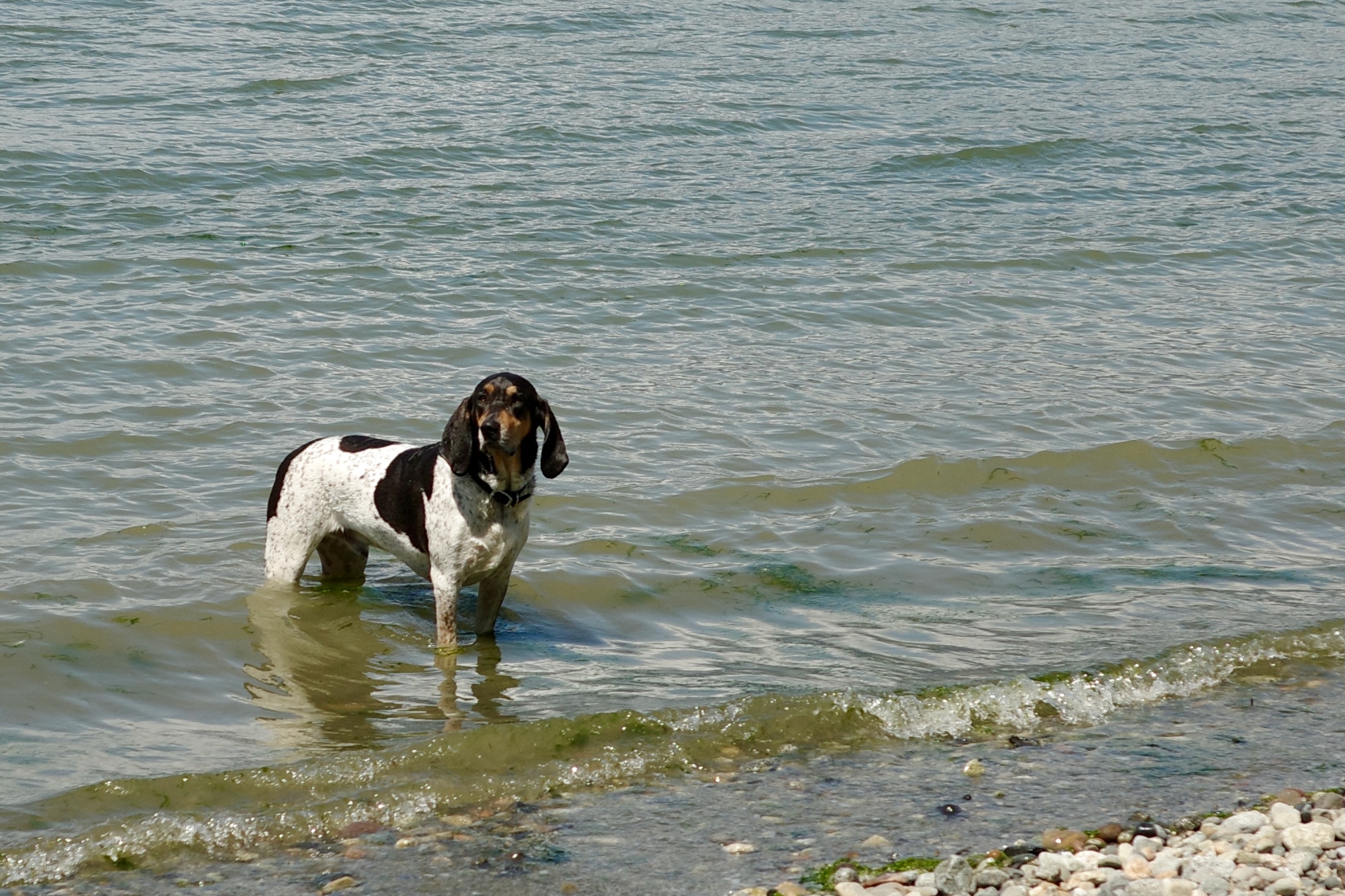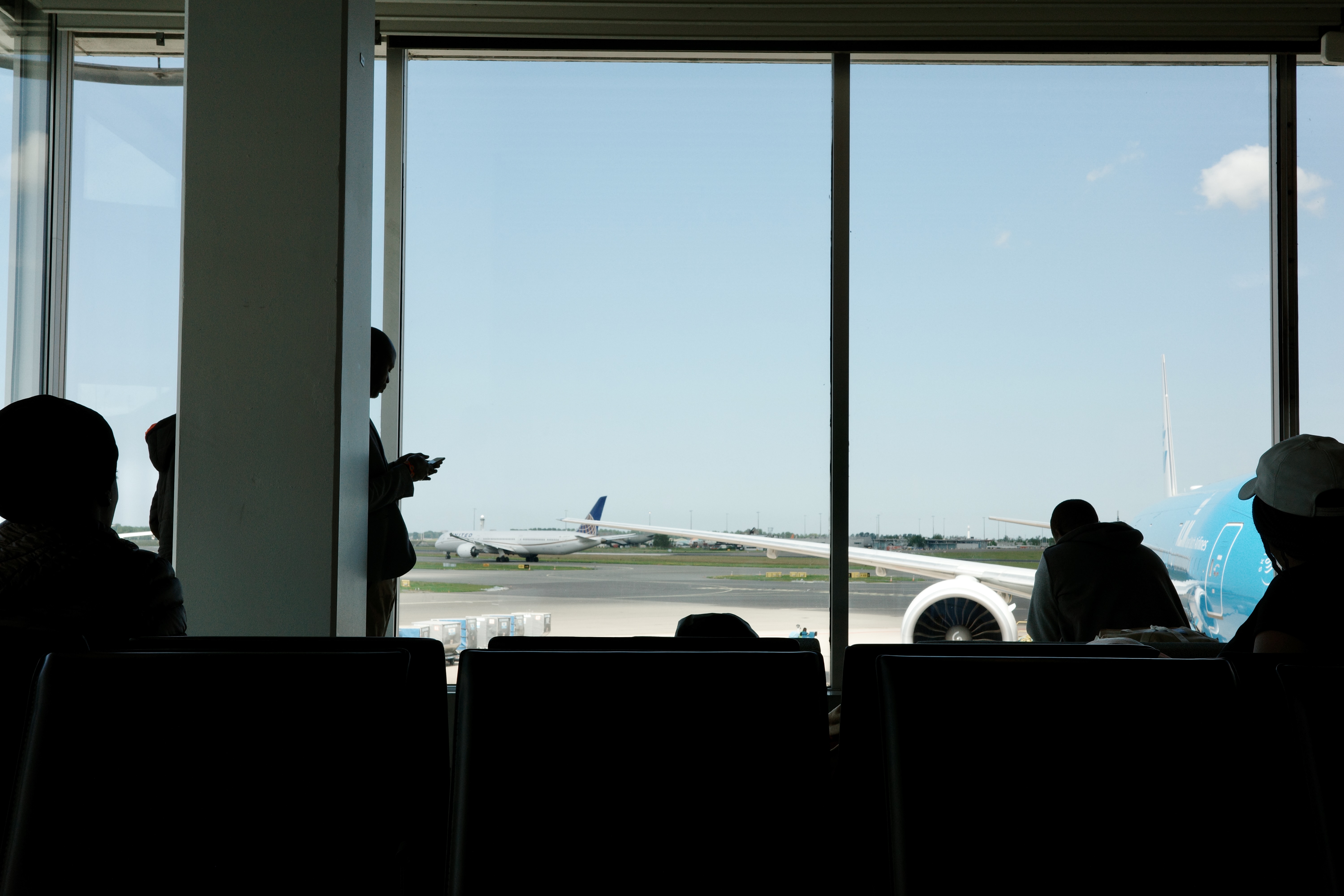
This Week in Security #8
- 2 minsNavigating the ever-evolving landscape of cybersecurity can feel like a whirlwind—new threats, innovations, and incidents that are constantly reshaping the digital world. This week’s post breaks down some of the developments and that took place last week.
Enterprise Softwares Make Prime Targets
In the last few weeks Snowflake, Synnovis, and CDK have experienced cyberattacks which have crippled critical systems their clients depended on.
While the Snowflake related breaches occurred several times for multiple different Snowflake clients, the attacks on Synnovis and CDK occurred further up the chain at the source itself.
- The attack on Synnovis is the latest in a string of attacks on healthcare companies and other such critical systems
- As a result of this attack, over 1,000 surgeries have had to be delayed and 400GB of patient data have been leaked
- Thousands of car dealerships depend on CDK to help manage their business, and the attack has left them using paper and pen to complete deals
Attacks on widely used enterprise software companies themselves means the knock on effects tend to be far reaching. The hacker group Qilin has demanded a $50 million ransom from the NHS. Investing in security systems and personnel doesn’t necessarily pay, but if it means not having to decide between paying outrageous ransoms or delaying life saving surgeries maybe it’s something we ought to be paying more attention to.

Leading security software banned from US
Removing borders as a physical barrier in daily life, globalization allows us to access a plethora of products from around the world. However, it’s no secret that geopolitical issues can get in the way of these advancements and conveniences that we’ve grown accustomed to.
Kaspersky Lab is a leading cybersecurity and anti-virus software provider headquartered in Russia. On Thursday the US government implemented a ban on further sales of Kaspersky products which will come into effect in late July.
- The ban has been in the works for many years beginning with bans from federal use back in 2017
- Unsurprisingly, Kaspersky has been critical and said this ban ignores their practices of transparency and will primarily benefit cybercrime as a whole
It will be vital that existing US based Kaspersky clients find and implement an alternative soon. Patches to Kaspersky products will also be banned at the end of September which means many systems could develop vulnerabilities over time as they become less current.

Security Fundamentals
Attack Surface: An attack surface is the sum of all the points which could be used by an unauthorized user to attack your system.
- The smaller the surface the easier it is to protect
- Common ways of reducing your attack surface include closing unused ports and restricting access to resources
